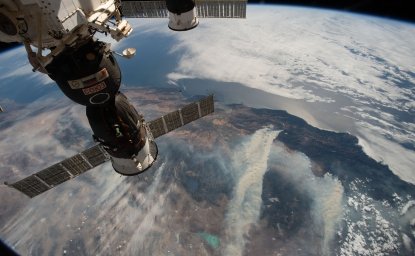Why does space matter?
Why does space matter?
We aren't talking about dark matter! We depend on space for critical existing functions, as well as future innovation. Essential systems–such as communications, air transport, maritime trade, financial services, GPS, weather monitoring and defense–all rely heavily on space infrastructure, including satellites, ground stations and data links at the national, regional and international level. In order to tackle major social and environmental challenges, such as climate change and global connectivity, states and private organizations will continue to rely on the services provided by satellites in orbit. Additionally, scientific research conducted on satellites and the International Space Station provide researchers on the ground with better information on how humans can live and thrive in space in the future.
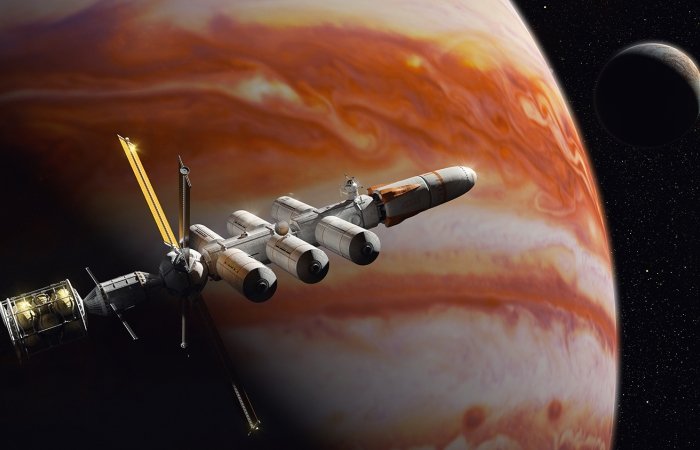
The New Space Era Will Drive The Economy of Tomorrow
The United States must act now to avoid being left behind in a domain it pioneered.
Read more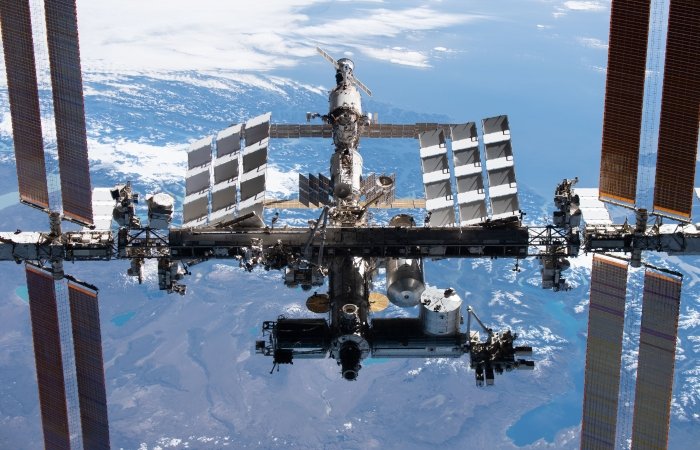
NASA Looks to Private Sector for Successor to the International Space Station
For more than 20 years, the ISS has served as a continuously inhabited foothold in low Earth orbit, a way for space agencies around the world to study how humans live off the Earth for extended periods. But it's not clear how long this will last. Written by Christian Davenport.
Learn more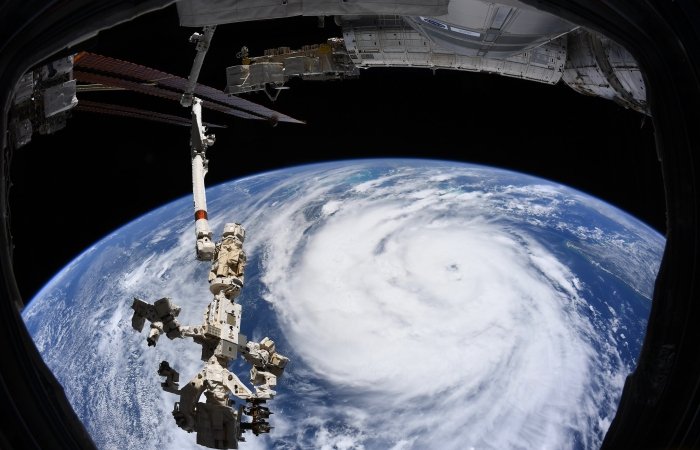
The Global Legal Landscape of Space: Who Writes the Rules on the Final Frontier?
We no longer need a telescope to see the critical importance of space. The current global space governance framework has been slow to take evolving state and industry practices as well as technological changes into consideration, namely around issues of celestial resource use and space militarization. What does the future hold?
Learn more
Event
Seeking Strategic Advantage: How Geopolitical Competition and Cooperation are Playing Out in Space
In an increasingly democratized space environment, countries, non-state actors, international organizations, and corporations are all harnessing space capabilities and employing them in more applications. As our dependency on space grows, what are the implications for the world’s critical infrastructure? Do risks to space capabilities threaten global economic development and international security?
Watch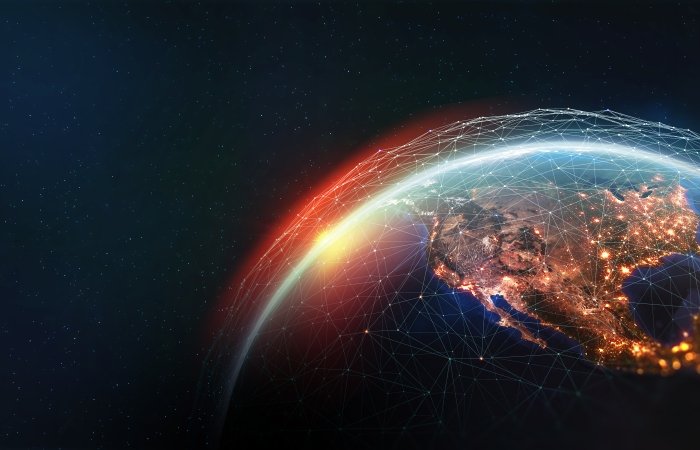
Event
Cybersecurity on the Final Frontier: Protecting Our Critical Space Assets from Cyber Threats
Our overwhelming reliance on space technology puts us in a precarious position. Like any other increasingly digitized critical infrastructure, satellites and other space-based assets are vulnerable to cyberattacks. These concerns are no longer merely hypothetical and, if not mitigated, could interfere with the space-enabled technology we take for granted in our day-to-day lives as well as national security and global economic development broadly.
WatchWorking from exclusive inside reporting, New Yorker writer Nicholas Schmidle tells the remarkable story of the test pilots, engineers, and visionaries behind Virgin Galactic’s campaign to build a space tourism company. This launch event focused on unpacking this inside story.
Watch the eventThe Space Barons tells the story of how Elon Musk and Jeff Bezos, along with Richard Branson and Paul Allen, are using Silicon Valley-style innovation to dramatically lower the cost of space travel and send humans even further than NASA has gone. This launch event featured author Christian Davenport, who covers the space and defense industries at The Washington Post, worked on this book at the Wilson Center as a fellow in 2017.
Watch the event



